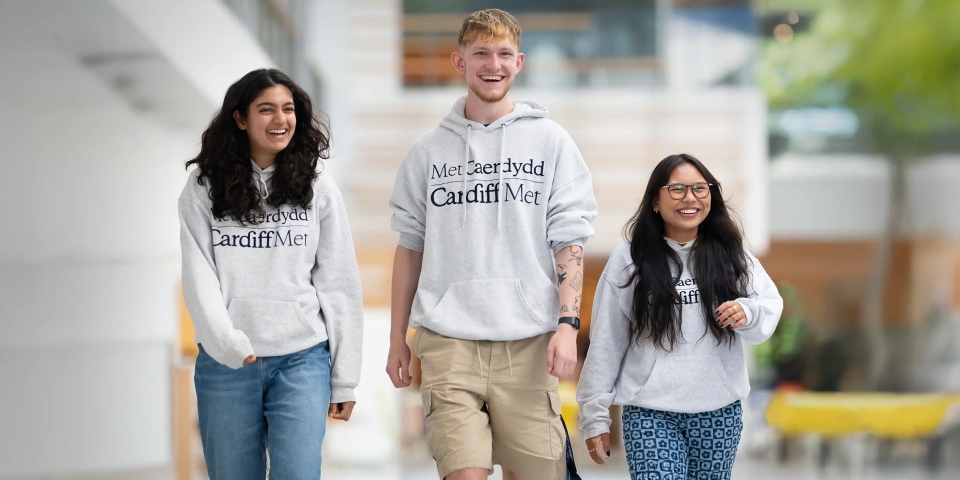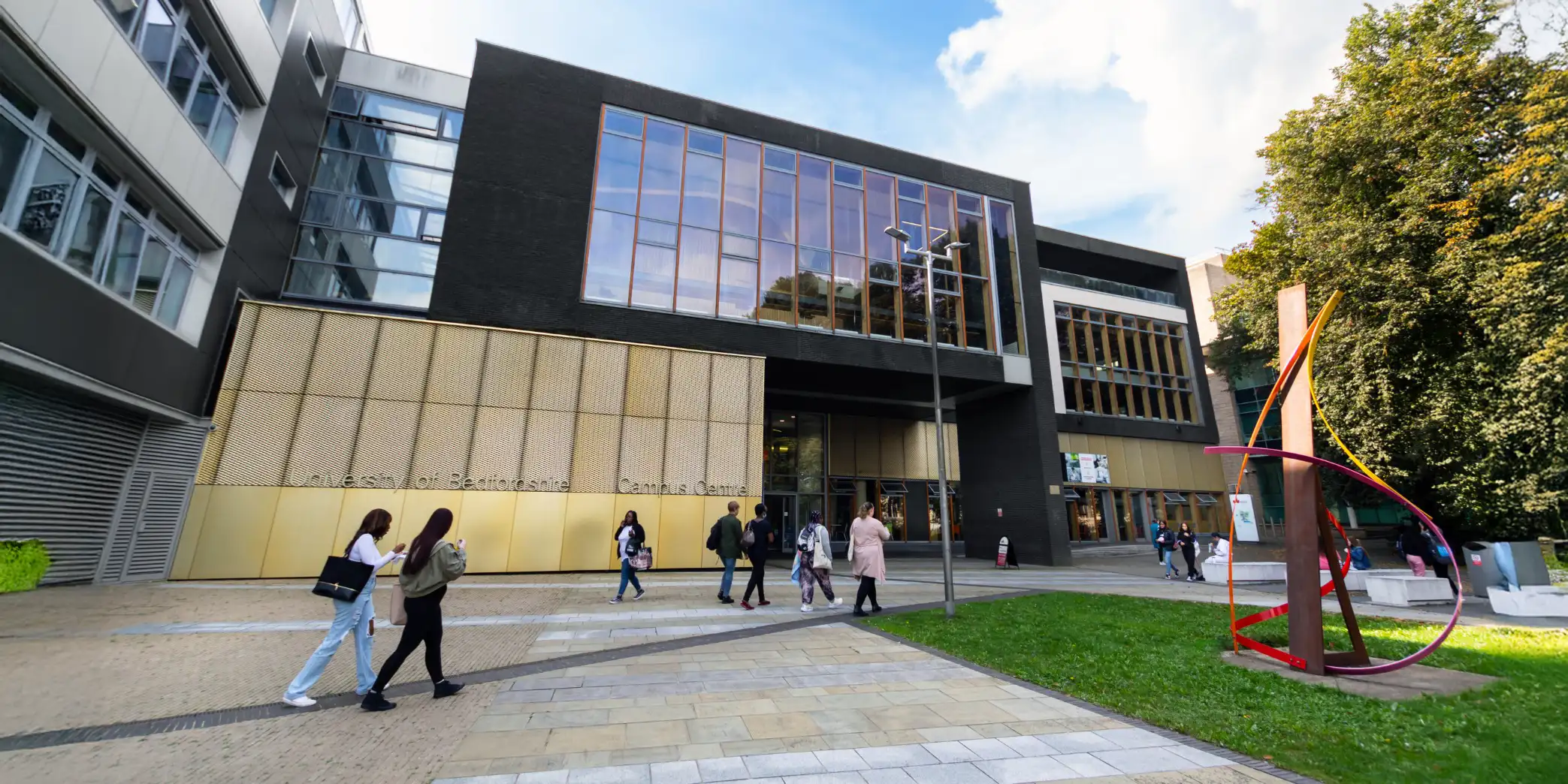Overview
-
In 2018, the University of West England (UWE) implement the StREAM platform (branded as MyEngagement).
-
The goal was to improve student retention and wellbeing by tracking engagement levels.
-
The platform helps identify at-risk students and enables timely interventions.
- In 2021, the Student Advice Team explored new methodologies to make outreach to those students with low engagement, including a phone calling and text campaigns and the use of online forms.
The challenge
-
When StREAM was scaled up across the University, the initial phone outreach campaigns were resource-intensive, with only a 30% response rate.
-
There developed a need for a more scalable communication and outreach strategy that allowed UWE to optimise resources across the Student Advice team and improve the outreach efficiency.
- UWE were also interested in improving student support and retention.

If a student has gone to the effort of requesting help, that is potentially a difficult step. We don’t want them to get delayed in the system for a week or so, and feel that “I’ve asked for help, and no one’s come back to me”.
UWE’s approach
-
A year-long pilot study started in 2018/19, gathering data on student interactions, and following the success, StREAM was rolled out to calculate engagement for all 20,000+ undergraduates in 2020/21.
-
A centralised Student Advice team manages engagement activities in collaboration with academic staff.
- The team opted to move text messaging to earlier in the escalation process to make initial contact with them. Those students who did not engage with the text were followed up by a phone call to their guardian or parent, which had directorate level buy-in to call emergency contacts of students, in order to confirm their wellbeing and re-engage them.
- Student Advisors received external training which helped them to change their way of communicating with students to a more proactive coaching style to get students to take ownership and responsibility of their situation, enabling empowerment.
The impact
Increased outreach and response
New strategies, including proactive phone campaigns and online support forms, were implemented. These interventions have improved UWE’s ability to reach and support low-engagement students. The refined outreach process improved responsiveness and set the stage for ongoing engagement improvements.
Optimised resources
The focus shifted to prioritising students who actively seek help, enhancing overall engagement. 75% of Level 0 and 1 students were contacted at least once during the 2020/21 academic year. 8,100 students were reached through the proactive phone campaign.
Faster support for students
A key benefit to the team has been their ability to respond more quickly, as form submissions are routed to a specific engagement email address rather than to our Information Point or another e-mail address, to then be forwarded on to MyEngagement or the Student Support Advisers.
Future developments
UWE recognises the importance of
understanding engagement and using data to inform their
support strategies and are continuing to work
closely with Student Comms and Student’s Union teams as
key partners in the process.










